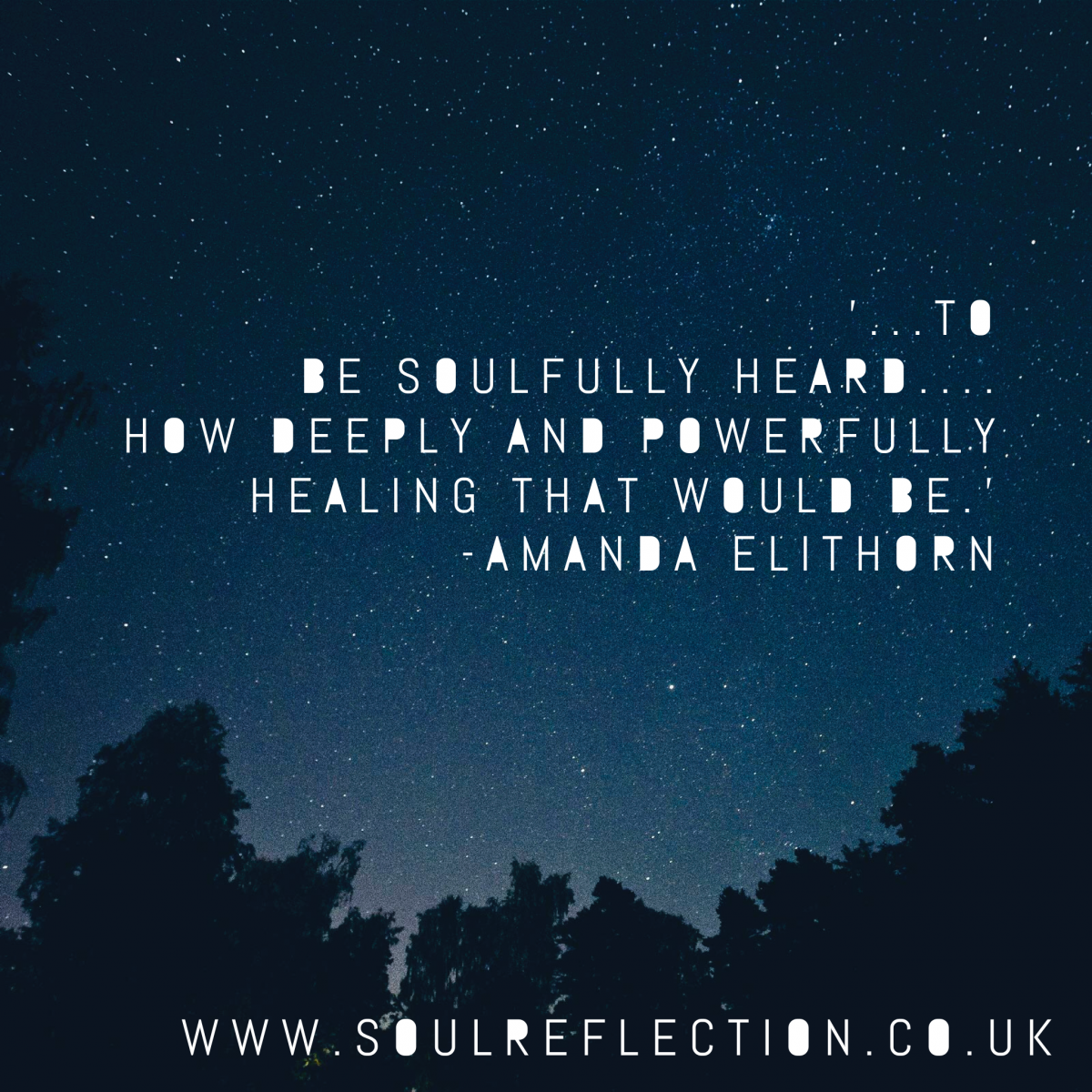I have been accused, at times, of raking up past events without the ability to ‘let go, forgive, move on’.
I will not deny that there is probably some truth to that but not quite in the negative vein that implies.
When I behave in ways that sadden me towards my own children, I rely on a promise I have made to myself, to help me forgive myself. That promise is to remember to acknowledge their feelings, if not instantly, then at least after reflection. When they come to me in their midlife and relay how such an event between us caused a shift in their emotional trajectory, that something I said or did hurt or wounded them, I have promised myself that I will acknowledge that seriously and soulfully.
Because that is all I have ever wanted for myself.
When I look back at the shape forming events in my life, those that have been painful and hard, I don’t hold blame, condemnation or anger towards any of the protagonists, in fact, more often than not, I understand enough of their own history to see why and where their stories connected with mine. But if there is to be any deep connection with them, a deepening and growing relationship, then I crave acknowledgement of my feelings. I struggle to move on, not from anger, lack of forgiveness or misunderstanding, but from the lack of acknowledgement that my feelings had been affected or created by the dynamics of an event.
Ultimately, I struggle with the sense that my feelings have been dismissed or denied.
And I see this classic fracture point arise from the smallest to the largest scale; I see it in every toddler tantrum and minor domestic dispute, right the way through to the diplomatic negotiations between warring countries.
Acknowledgment doesn’t mean a retraction of behaviour or action, it doesn’t mean one party is right or wrong, it literally means ‘I can see that this event has caused feelings in you’. It’s really that simple and basic. When I think of every argument, or rather every reconciliation, those that have created connection and healing are those where I have been heard for my side, my feelings, no matter how unwarranted or unreasonable someone might judge them to be; they are still what I felt in that moment. Equally when I have accepted another’s feelings, without insisting on correcting or changing them to suit my own agenda or story, I have witnessed how freeing that has been for them.
It is so easy to underestimate this, I can see how I have often dismissed or redacted my children’s, my husband’s and my friend’s stories for fear that it will reflect badly on me; create bigger issues; or for numerous, ultimately spurious, reasons. It’s societally habitual to ‘not want to hear’ the other side, so that I don’t have to face my own story with honesty and perspective. Long term, that will not serve me, it simply creates alienation and resentment.
What I wish for myself, and for my relations, is to be soulfully heard. How deeply and powerfully healing that would be.

